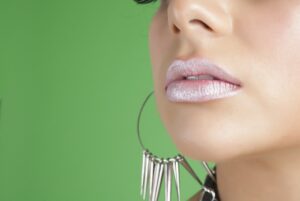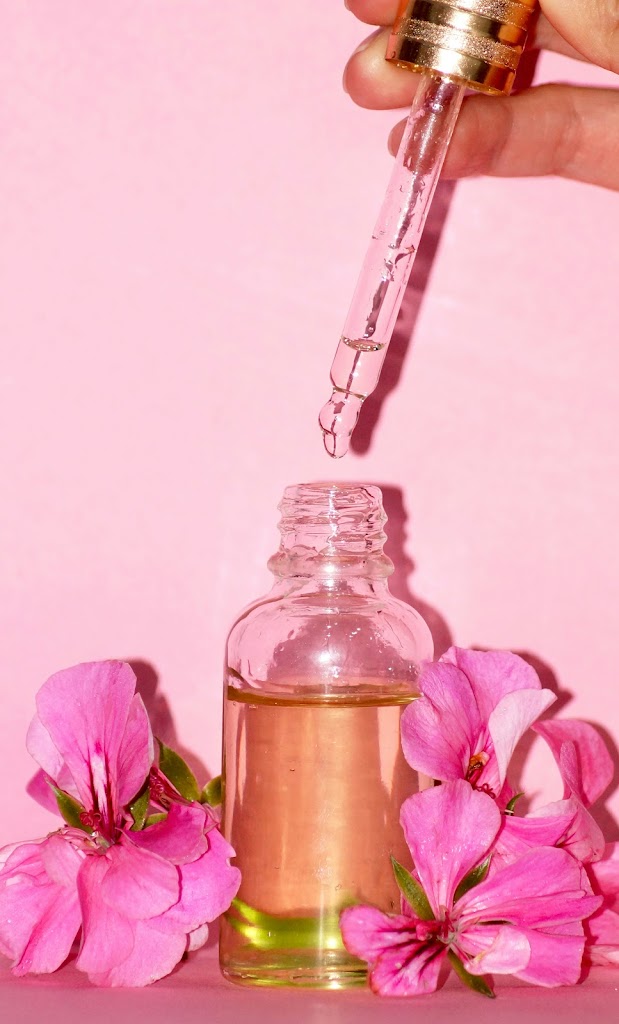Living with acne can challenge even the strongest sense of self-worth. The emotional toll often goes unacknowledged, yet many people experience significant anxiety, diminished self-esteem, and social discomfort because of skin conditions. This guide offers practical approaches to address these feelings and build resilience.
Understanding the Psychological Impact
Acne affects far more than just our skin. Research published in the British Journal of Dermatology confirms that acne sufferers experience rates of anxiety and depression comparable to those with chronic conditions like arthritis or diabetes. This emotional response isn’t vanity—it’s a natural reaction to a visible condition in a society that places high value on appearance.
The first step toward healing is acknowledging these feelings without judgment. Your emotional response is valid, regardless of the severity of your acne. Recognizing this helps create space for compassionate self-care rather than self-criticism.
Practical Strategies for Emotional Resilience
1. Challenge Negative Thought Patterns
Our minds often catastrophize or overgeneralize when it comes to appearance. Common distortions include:
- The spotlight effect: Believing everyone notices your acne as much as you do
- Mind reading: Assuming others are judging you negatively
- All-or-nothing thinking: Believing you can’t be attractive or confident with acne
When these thoughts arise, practice consciously identifying and challenging them. Ask yourself: “Would I judge someone else this harshly for having acne?” or “Is there evidence that others are actually focusing on my skin?”
2. Develop a Mindful Relationship With Mirrors
Many people with acne develop a complicated relationship with mirrors, either avoiding them entirely or engaging in lengthy “inspection sessions” that fuel anxiety. Consider:
- Setting a time limit for looking in mirrors
- Standing at arm’s length rather than examining pores up close
- Focusing on features you appreciate when looking at your reflection
- Using mirrors functionally rather than for assessment
3. Create a Confidence Toolkit
Prepare strategies in advance for moments when acne-related anxiety peaks:
- Collect screenshots of supportive messages or compliments you’ve received
- Maintain a list of your non-appearance-related strengths and accomplishments
- Practice grounding techniques like deep breathing or the 5-4-3-2-1 sensory exercise
- Prepare simple, neutral responses for if someone comments on your skin
4. Find Your Community
Isolation intensifies feelings of being “different” or diminished. Connecting with others who understand can be profoundly healing:
- Join online communities like r/SkincareAddiction or acne support groups
- Follow social media accounts that normalize diverse skin types and textures
- Share your feelings with trusted friends who can offer perspective
- Consider working with a therapist who specializes in body image
5. Redefine Your Relationship With Skincare
For many, skincare routines become anxiety-producing rituals filled with disappointment. Transform your approach by:
- Viewing skincare as self-care rather than “fixing” something “wrong”
- Celebrating small improvements rather than expecting perfection
- Consulting with a dermatologist to develop realistic expectations
- Finding gentle products that make your skin feel good, not just look different
Shifting Your Perspective
1. Practice Compassionate Self-Talk
The way we speak to ourselves shapes our experience. Replace harsh internal dialogue with the kind, understanding words you would offer a friend facing the same challenge. When you catch yourself in negative self-talk, pause and ask, “Is this how I would speak to someone I love?”
2. Expand Your Definition of Beauty
Our culture promotes a narrow definition of beauty that few people actually meet. Actively seek out and celebrate diverse representations of beauty:
- Follow accounts showcasing people with various skin types and conditions
- Notice the beautiful people in your life who have “imperfect” skin
- Appreciate aspects of beauty beyond skin—animation, expressiveness, authenticity
3. Reclaim Your Focus
When we’re preoccupied with appearance concerns, we lose valuable mental and emotional energy. Practice redirecting your attention toward:
- Engaging fully in meaningful conversations
- Pursuing interests and activities that bring joy and purpose
- Noticing the qualities you appreciate in others beyond appearance
- Being present in moments that matter rather than worrying about how you look
Professional Support
If acne-related anxiety significantly impacts your quality of life, consider these professional resources:
- Dermatologists can provide medical treatments that may improve your skin’s appearance and help you develop realistic expectations
- Cognitive-behavioral therapists specialize in addressing thought patterns that contribute to anxiety and low self-esteem
- Support groups facilitated by mental health professionals can offer both emotional support and practical coping strategies
A New Narrative
Remember that your skin does not define your worth, attractiveness, or potential. Many successful, beloved, and admired people have dealt with acne throughout their lives. Your skin is just one aspect of your physical body, which itself is just one dimension of who you are.
By developing emotional resilience around acne, you’re building skills that will serve you throughout life’s many challenges. Each time you choose self-compassion over criticism, connection over isolation, or engagement over avoidance, you strengthen your capacity for wellbeing regardless of circumstance.
Your journey with your skin is just one chapter in your story—and you remain the author of how that story unfolds.






